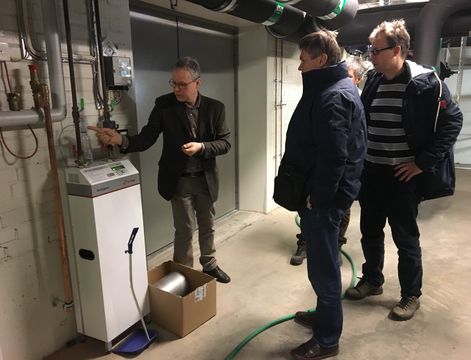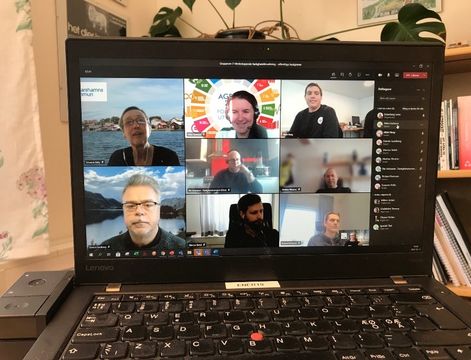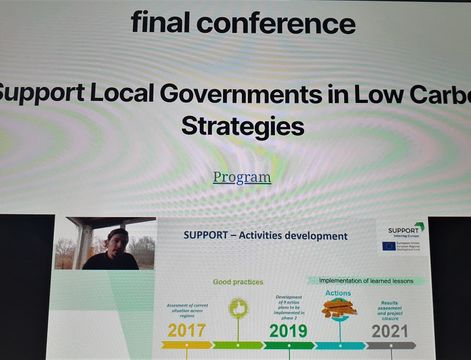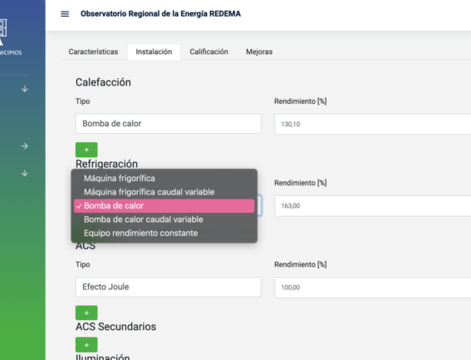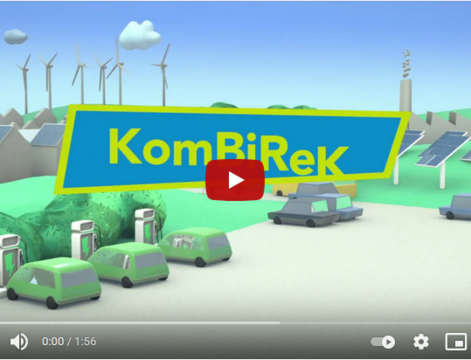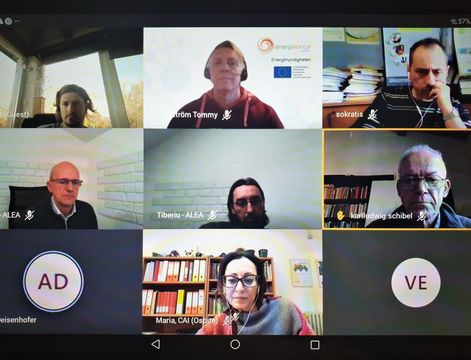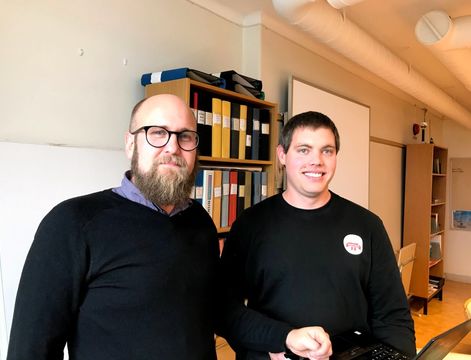During the Interregional meeting of Alba Iulia, Metropolitan City of Rome Capital was the moderator of the stakeholder’s speed dating exercise.
Stakeholders were invited to discuss about four topics:
1. What have been the criticalities of the current programming period (policy instrument) and what is expected from the next one?
2. The role of energy managers – especially in small municipalities: is it possible to promote the figure of the Area Mobility Manager?
3. The role of Covenant of Mayors Coordinators: how can they incentivize joint plans and actions?
4. How can the private actors involvement in energy renovation measures be incentivized within the framework of Structural Funds?
In according with the speed dating spirit, three groups were formed to debate about each topics for 20 minutes after then, people were switched into different combinations.
Below there is a summary of the discussion divided by topic.
 TOPIC 1 - What have been the criticalities of the current programming period (policy instrument) and what is expected from the next one?
TOPIC 1 - What have been the criticalities of the current programming period (policy instrument) and what is expected from the next one?
Italy, Malta and Spain find very important the growth of capability building of local authorities and of the awareness between policy makers and stakeholders.
Not less important, for the future, is the information to be spread to citizen about benefits and advantages (e.g. to support the residents in multi-apartment to accept energy saving intervention).
About monitoring of the implementation: according to Spain stakeholders, it is too difficult to valuate and justify, CO2 emissions for instance, even if monitoring and maintenance or implemented project are crucial to compare data, as Maltese pointed out.
Money is a focal aspect for Croatians, since they have no more funds under the current programme.
TOPIC 2 - The role of energy managers - especially in small municipalities: is it possible to promote the figure of the Area Mobility Manager?
In EU there are various situations, for example: Italy has a national law regarding energy manager but still there are political resistance; in Spain the role of the mobility manager is active at provincial level (in charge for too many things); in Greece, the energy manager figure does not exist.
Anyway, where energy managers do exist, it seems that they provide for many and different services to local authorities: technical, administrative, political, social, etc.
TOPIC 3 - The role of Covenant of Mayors Coordinators: how can they incentivize joint plans and actions? 
In Italy and Croatia, where the Covenant of Mayor has been successfully established, the role of coordinator is very important in the monitoring phase of Action Plans; the coordinator support in gathering and processing data is also crucial since the lack of capabilities of local authorities.
In Greece and Romania, small municipalities through this coordination figure could be motivated by a common mobility project and could be led to learn from each other.
Some towns/village in Malta have joined the Covenant of Mayors and they have set up an energy efficiency team to oversee energy projects.
TOPIC 4 - How can the private actors involvement in energy renovation measures be incentivized within the framework of Structural Funds?
An important case study is the one in Croatia, in the city of Parenzo (Istria) with a really efficient management of public/private collaboration. In Italy the “Esco System” is quite efficient depending on pay back time that has not to exceed a maximum of ten years.
According to the Greek and Romanian points of view, the ESCO system should be implemented through providing ESCOs with more competences. It should also be crucial, on the one hand, continuously train private owners about the importance of energy efficiency, and on the other hand, to have a national legal support to involve them to invest in energy efficiency.
ESCO failed in Bulgaria because of the low interest, with the exception of public street lighting, and low risk investment.
In Malta there are no ESCO: in Gozo, for example, Ministry building retrofitting project to implement energy efficiency measures to make the government buildings more energy efficiency (external partures, insolation, spo heating/cooling system, PV system, hot water systems…).



